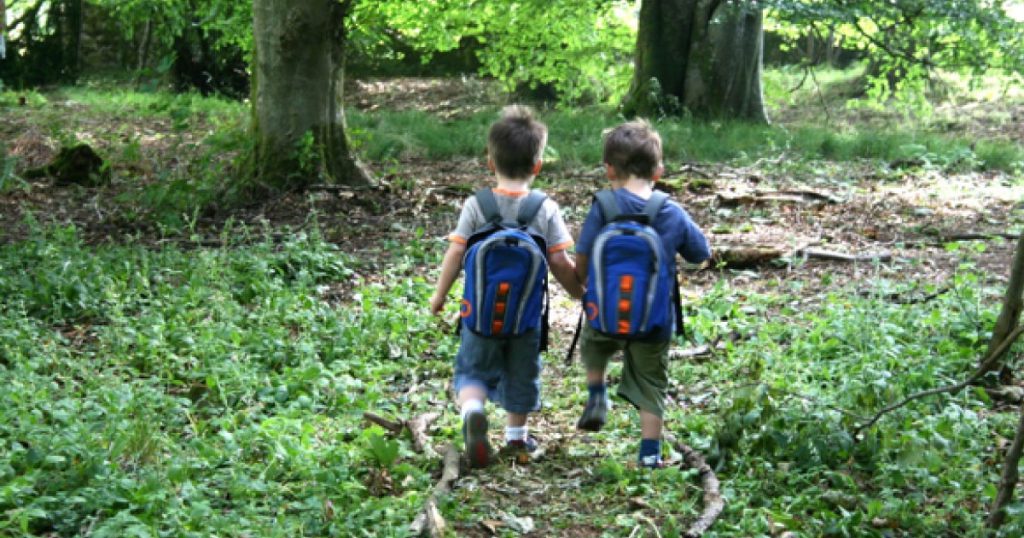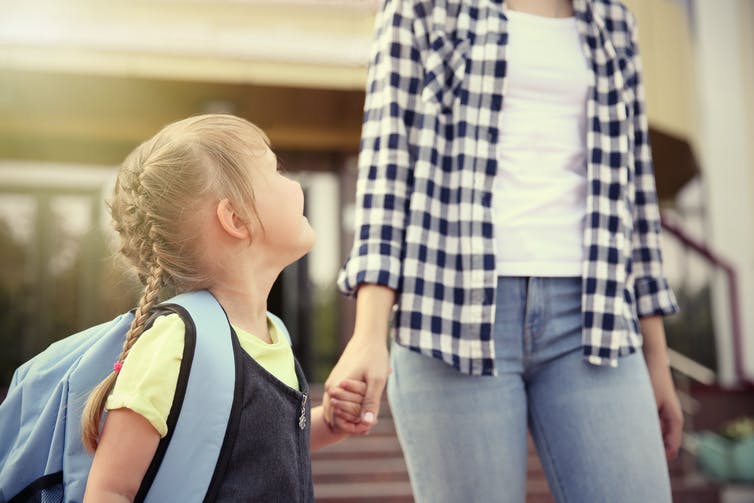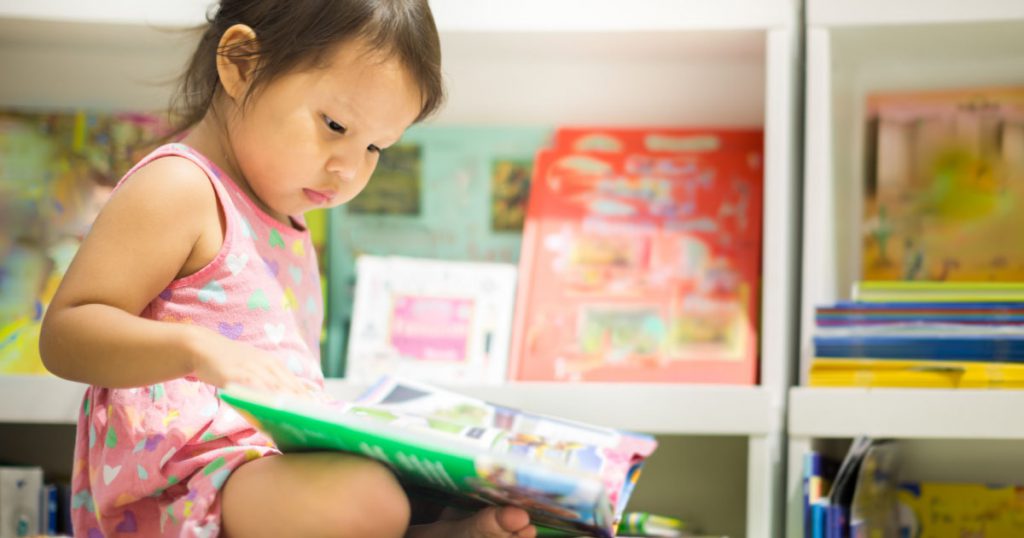 With the widespread acceptance of Aboriginal and Torres Strait Islander peoples as the traditional custodians of the land comes the simple proposition that we must change the date—the 26th of January is not an inclusive day of celebration for all Australians. And yet the controversy rages. There are many different views around the date of Australia Day and it is difficult to understand why more Australians do not empathise with Aboriginal and Torres Strait Islander peoples who feel that the 26th of January is not an appropriate day for celebration.
With the widespread acceptance of Aboriginal and Torres Strait Islander peoples as the traditional custodians of the land comes the simple proposition that we must change the date—the 26th of January is not an inclusive day of celebration for all Australians. And yet the controversy rages. There are many different views around the date of Australia Day and it is difficult to understand why more Australians do not empathise with Aboriginal and Torres Strait Islander peoples who feel that the 26th of January is not an appropriate day for celebration.
What is it about the celebration of this date that sees frenzied displays of the Australian flag? (By the way, that reminds me of another long overdue conversation that this country needs to have). Is it about national identity and patriotism? Clinging to untruths about the colonisation of Australia? Fear that something is being lost? I truly don’t get it and do not understand this behaviour. What I do know is that we all have a responsibility to progress and hopefully witness some change about this date so that we all can celebrate Australia Day with pride.
The bigger question is how we go about doing this in a respectful way so that we begin to heal and truly engage in a process that supports reconciliation. I think the first step is to be curious. Differing worldviews, values and belief systems shouldn’t create an ‘us and them’ divide. In fact, engaging in healthy debate can facilitate understanding and empathy with those whose viewpoint differs from our own. Express your feelings and share your thoughts, listen to understand and when the opportunity presents, provide the facts about the colonisation of Australia.
In the meantime, how can we explore the concept of colonisation with our families and children? The 26th of January provides an opportunity to learn about our nation’s past and to learn about the true history of Australia, to talk to them about the controversy of the date and to provide information about the Change the Date initiative. It is a chance to help them to understand intergenerational trauma and the impact that is felt today by our Aboriginal and Torres Strait Islander families and communities.
In fact, this is the ideal time to explore empathy and kindness with our children and families, to ask them what can we do to acknowledge the loss and sadness that is felt by Aboriginal and Torres Strait Islander peoples on this day. This effort could involve planting a garden or drawing their feelings, or they may create a patchwork of their feelings into a display, and this will encourage further conversations with families and visitors to your service about reconciliation. The most important thing is to do something, and not to waste the opportunity to promote empathy and understanding about these issues.
For change to happen it is going to come from us, we cannot rely on our politicians to make this change out of the goodness of their hearts, it will not happen. It will be our collective voices that will bring about this long overdue change. Find your voice and use it to promote empathy and understanding about the true history of the 26th of January.
A guide to Aboriginal and Torres Strait Islander histories and cultures: The important first step to reconciliation
By Jo Goodwin
Whether or not you are beginning or continuing your learning on how to best include and explore Aboriginal and Torres Strait Islander cultures with young children, it is your commitment, time, values and attitudes that will progress these ideas. Progressing reconciliation can at times be challenging, difficult and slow. It can also be inspiring, energising and open a world of possibilities. You can purchase your copy on the ECA Shop here.




